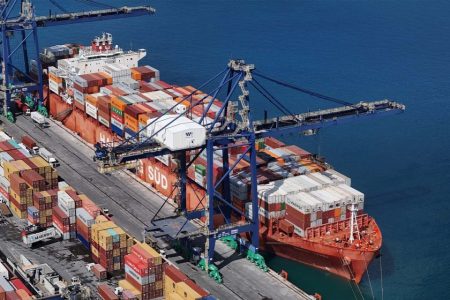China’s independent refineries have reduced their purchases of crude oil from Brazil by nearly half since the start of 2021.
According to data compiled by S&P Global Platts, Brazilian crude buys fell 47.9 per cent from January to October, to 11,353 million tonnes (mt), despite an 87.2 per cent month-on-month surge to 322,000 mt in October.
“Brazil was previously a top crude supplier to China’s independent refineries, together with Russia and Saudi Arabia, but quality issues with some cargos have prompted some of the refiners to look for alternatives,” S&P Global Platts said, quoting market sources.
Brazil is the sixth biggest supplier to China’s independent refineries, ahead of Angola, whose sales have also dropped by17.2 per cent to 10,745 mt.
Malaysia overtook Russia to become the top feedstock supplier to China’s independent refineries over January-October due to continuing demand for various blended crudes and strong appetite for bitumen blend, with imports from Malaysia rising 96.3 per cent year on year to 23.9 million mt over the 10-month period.
While total crude imports by China’s independent refineries were down almost 25 per cent year-on-year at 13.087 million mt in October, supply from Russia edged up 0.5 per cent to 2.48 million mt in the month and was up 8.6 per cent from September.
China’s independent refiners account for roughly one-third of the country’s downstream, yet for many years these private companies, nicknamed “teapots” for their simple refining configuration, were virtually unknown to global crude markets.
The independent refineries processed fuel oil as feedstock and, running at low utilisation rates, their retail market share in China was limited mainly to Shandong province, where most of them are located, CLBrief reported.






